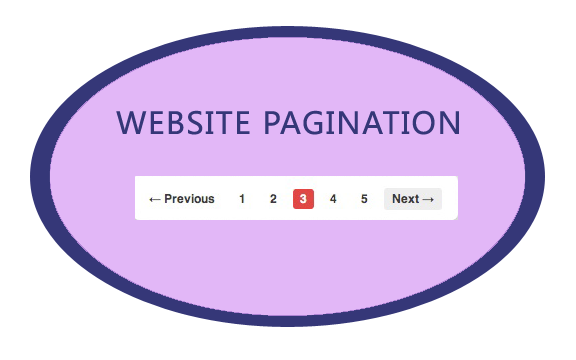At the start of 2019, Google announced that the attributes “rel =prev” and “rel = next”, which were inserted in the <head> area of the page, would no longer be taken into account. These were formerly understood as a beneficial indication for search engines to recognize the paginated websites.
In the past, there were distinct strategies for dealing with paginated pages. Most of those were based on the purpose that only the first page of paginated pages must appear in the search engine’s index. In online shops with only a few articles, one desired to direct the search engine to the article detail pages and not “distract” with the category pages. In the case of online shops with a big number of articles and frequent product range changes, the category pages are often more crucial than the product detail pages.
The following things are frequently done wrong for Pagination in the Search Engine Optimization (SEO) field:
- Put a canonical tag on page 2 and the following on page 1.
The canonical tag is mostly intended for pages with almost similar content, not to define pagination.
- Put canonical on page 1 and combine it with the NOINDEX Meta Robots instruction.
This is even worse than the previous example: Google has expressly said that in this constellation the NOINDEX configuration is inherited on page 1. This indicates that not only pages 2 (as requested) are not indexed, but the first page does not appear in the search results either.
- Incorrect use of “rel = prev” and “rel = next”.
These instructions belong in the “<head>” area of the HTML source code, not as an attribute in the link tags of the pagination links. One can do this, but it is not the approach Google recommends. The assumption is that the information in the <head> can be parsed much more quickly and easily than attributes in “<a href>” tags.
